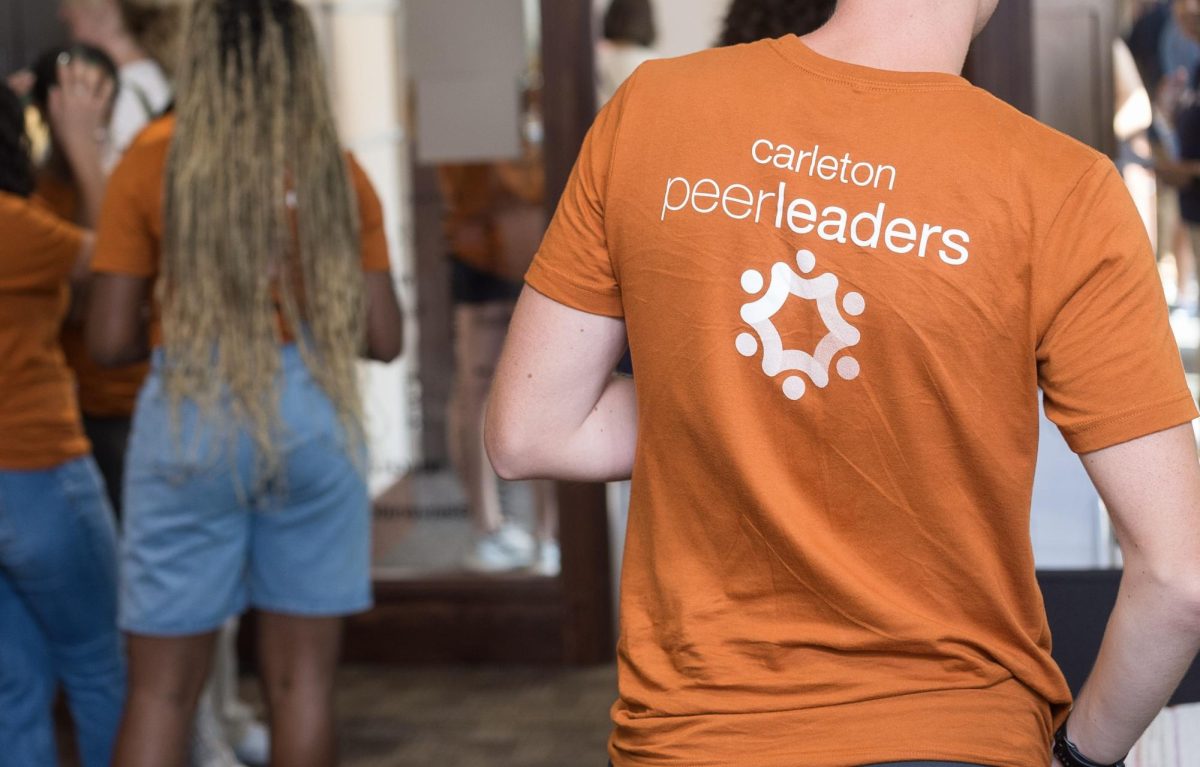CSA will be distributing 90 menstrual cups as part of a pilot program aiming to increase accessibility of sustainable menstrual products on campus. CSA will be purchasing the products from DivaCup, a prominent menstrual cup supplier. Tentatively, the cups will be distributed in the first three weeks of spring term on a first-come, first-serve basis.
Funding for the initiative comes from CSA. However, there are plans to lobby the school and speak to Dean Livingston to fund menstrual products in campus facilities in the future. Molly Zuckerman ’22, CSA Class of 2022 Representative, and Brittany Dominguez ’21, Education and Curriculum Committee (ECC) Representative, are spearheading the initiative.
“It all began when a company called Aunt Flow reached out to Anesu asking if CSA wanted to fund menstrual products on campus,” explained Zuckerman. “We felt that CSA shouldn’t be funding it, rather the administration should. Brittany and Andrew brought up that we should take this opportunity to make the products more sustainable.”
According to Dominguez, CSA looked into the possibility of installing dispensers in bathrooms. “However, it was just really too expensive,” said Dominguez. “Molly realized that we needed to figure out a different way.”
“Emma Leither, who works in the Sustainability Office, proposed that we look into menstrual cups because they’re so much better for the environment. They’re also very cost effective, particularly for people who have trouble accessing menstrual products throughout the year, because one lasts 2-5 years,” said Dominguez.
According to DivaCup’s website, the average person uses 240 disposable pads, tampons, and panty liners per year; this is in stark contrast with menstrual cups, where only one product is used each year.
According to Dominguez, DivaCup has worked with other colleges before and responded positively to her email inquiry. While DivaCups traditionally run for $22-25 each, Carleton is paying $17 per cup. Dominguez and Zuckerman plan on distributing 90 menstrual cups in their trial run.
“DivaCup really wants us to be trained on how to use them and then create a how-to guide. In their experience, it works out a lot better with that training,” said Dominguez.
Logistics are still being finalized, but Dominguez hopes to purchase the cups by the end of this term.
In a campus-wide survey administered by CSA on November 11, 17 percent of respondents said that buying menstrual products posed a financial burden.
“We also asked how many people would be willing to use a menstrual cup, given that it is a product that is new to the scene for a lot of people,” explained Dominguez. “A good amount of people said that they would be willing to try menstrual cups, which is exciting to see.”
Zuckerman and Dominguez plan on framing the program in terms of basic sanitary needs.
“SHAC has thousands of condoms, we have bandaids, we have tissues. We don’t all use menstrual products, but that doesn’t mean they’re not a necessity,” said Zuckerman.
“Danny Matthews at the GSC has been so helpful. He’s agreed to stop buying non-sustainable products and has been helping us look for blindspots in our plan before speaking to Dean Livingston,” said Dominguez.
“Companies such as Sustain and Lola are creating more sustainable tampons and pads made out of more organic matter that decomposes. All their wrapping is recyclable. Danny Matthews has been willing to put those products in the GSC, which means a lot given that those types of products are a little more expensive,” said Dominguez.
“I’ve had the opportunity to meet with Brittany and Molly, and they are both exemplary student leaders,” said Mathews. “During our time together, they have demonstrated a commitment to their fellow students and show up as willing and active partners in the Carleton community. I look forward to future meetings and discussions on how we can best support the student experience at Carleton.”













